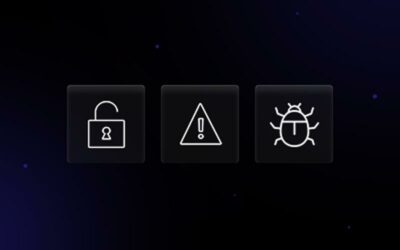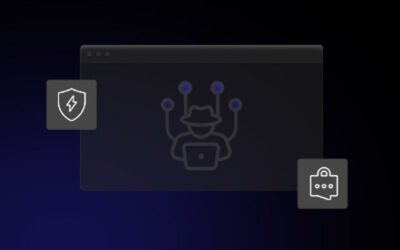The internet can be a dangerous place if you’re not careful, especially for children. There are so many old and emerging threats out there. It’s getting hard to keep track of them all. Hackers, malware, viruses, Trojans, data breaches, pedophiles, weirdos, fraud, and phishing scams are just a click away.
PROTECTING YOUR CHILDREN ONLINE
Here are a few tips on how to keep your children safe while on the internet.
Security starts with you
Educate yourself first on the dangers and threats on the internet so you can be better equipped to educate your child. You need to set an example of good online hygiene, like never sharing passwords and always logging out of websites. Learn about the different types of fraud and scams aimed at both young and old audiences.
- Phishing emails and messages usually have grammatical and spelling errors.
- Email scams may look like the real thing, so always check the sender’s URL. Fraud messages have URLs that are a close match to the original, but with an extra letter or other added words.
- Messages from royalty (foreign prince/princess) asking for your financial help is a classic scam.
- Criminals love to use emotional manipulation to trick victims into sending money or sharing info. Stolen personal information can lead to a more significant score (asking money from friends or family) or identity theft.
- There’s a talent search agency scam that targets children.
- Another scam that targets kids is the scholarship scam. These criminals send emails claiming to recognize academic achievement but ask for upfront fees.
Secure your accounts and devices
Before you let your child near your PC or tablet, make sure it’s a safe environment free of malware, trojans, bots, and other nasty stuff. Change your router’s password every three months, and never use the same password twice. Use a VPN, run antivirus software, and use a firewall. Check all your devices to ensure that they’re virus and malware-free.
Use two-factor authentication (2FA) to add an extra layer of security to your accounts. If there’s been a recent data breach, check if your accounts are clean by going to “haveIbeenpwned.com“. Do an email search and wait for the results. The site will tell you if your email account was part of the lost data or not.
Teach your children the safety rules of the internet
Talk to your child about the following:
- Not to click on any images, videos, titles, or links, no matter what it says. Never download anything online from an untrusted source and without supervision.
- Not to install anything on your devices, especially files downloaded online, unsupervised.
- Never talk to strangers they met online, whether via chat, email, or phone.
- Never agree to meet anyone they met online.
- Never send personal information such as name, school, address, phone number, and social media account.
- Don’t send information about family members, like parent’s names and where they work.
- You should never send pictures to strangers online.
Use strong passwords
If your password is qwerty, 123456, your name, your son’s birthday, or your street, you need to change your password ASAP. Always use a strong password for every single account you have, from online banking to email, and never repeat it for other accounts.
Google Chrome has a free feature that comes up with a strong password for you, or you can use a password manager. Never keep your passwords on your phone. Write them down and keep the list in a secure box or safe. Don’t share your passwords with anyone.
With all these threats, can the internet ever be safe for children? The short answer is yes, as long as you follow the basic rules of online safety and privacy.




